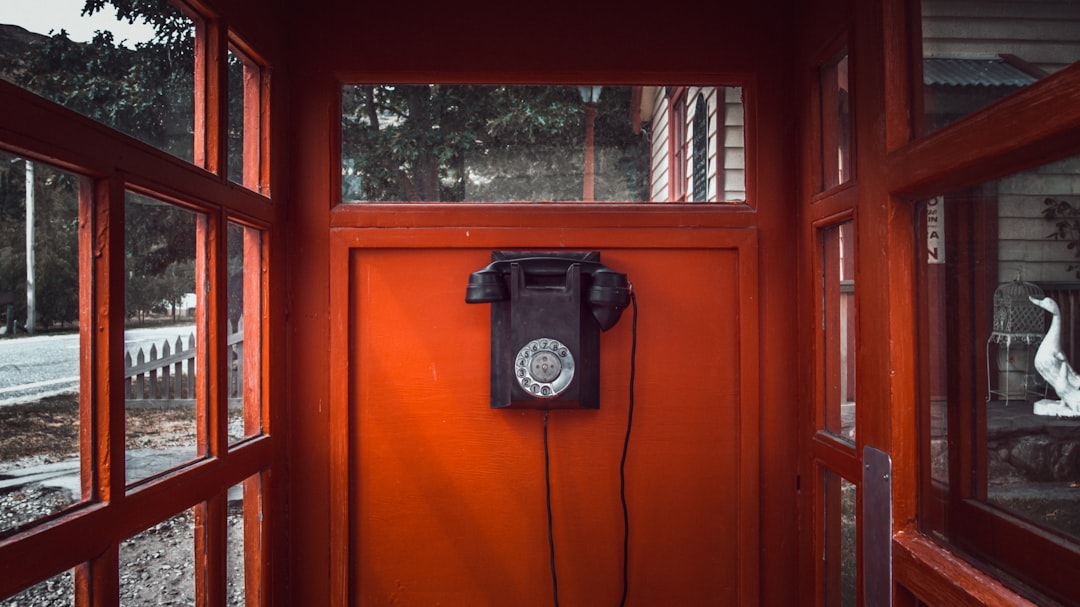Spam calls are significantly impacting nonprofits in San Antonio, disrupting operations, fundraising, and communication. Nonprofits are turning to spam call lawyers or attorneys to protect their interests and combat these intrusive marketing practices. By consulting legal experts, like those from reputable spam call law firms in San Antonio, nonprofits can safeguard their rights, mitigate unwanted calls, and ensure professional communication with potential supporters.
Spam calls are a growing concern for nonprofits in San Antonio, disrupting their operations and fundraising efforts. This pervasive issue impacts local charity work, with unwanted phone communications inundating staff and volunteers, diverting resources and potentially damaging donor relationships.
This article explores the challenges posed by spam calls to San Antonio’s nonprofit sector and provides guidance on legal recourse through a dedicated spam call lawyer in San Antonio. Discover how engaging a spam call attorney San Antonio can protect your organization and help you recover from these intrusive invasions.
Understanding Spam Calls: A Growing Concern for Nonprofits in San Antonio
Spam calls have become an increasingly prevalent and concerning issue for nonprofit organizations in San Antonio, Texas. With the rise of automated telephone marketing, many charities and community groups are now facing a deluge of unsolicited calls, which can significantly impact their operations and fundraising efforts. These spam calls often disrupt daily activities, waste valuable time, and can even lead to financial losses due to false or misleading information.
Nonprofits in San Antonio rely heavily on phone communication for donor outreach, event promotions, and volunteer recruitment. However, the constant influx of automated messages from unknown sources has made it challenging for genuine calls from supporters and potential partners to stand out. As a result, many organizations are seeking legal recourse to combat this growing problem. Engaging the services of a specialized spam call lawyer or attorney in San Antonio can help nonprofits understand their rights and take appropriate action against these intrusive marketing practices.
The Impact on Local Charity Operations and Fundraising Efforts
Spam calls have become a persistent and disturbing issue for local nonprofits in San Antonio, affecting their day-to-day operations and fundraising efforts. These unwanted telephone interactions not only disrupt staff and volunteers’ work but also pose significant challenges to charity organizations’ financial sustainability. Many nonprofits rely on phone communications for outreach, donor engagement, and event promotions, making spam calls a direct hindrance to these strategies.
When a nonprofit’s phone lines are constantly bombarded with automated messages or sales pitches, it reflects poorly on the organization’s ability to manage its communication effectively. This can deter potential donors and supporters who may perceive such frequent interruptions as intrusive or even unprofessional. As a result, fundraising campaigns might struggle to reach their targets, impacting the charity’s ability to sustain its programs and services in the long run. Engaging a spam call lawyer San Antonio or consulting with spam call attorneys in San Antonio can help nonprofits understand their legal rights and explore strategies to mitigate these disruptive calls, ensuring a more peaceful and productive work environment.
Legal Recourse: Seeking Help from a Spam Call Lawyer in San Antonio
If you’ve been a victim of persistent and unwanted spam calls, especially those disrupting your nonprofit’s operations in San Antonio, it’s crucial to know that legal options are available to you. Seeking assistance from a specialized spam call lawyer in San Antonio can be a game-changer. These attorneys have the expertise to navigate complex laws and regulations surrounding telemarketing practices, ensuring your rights are protected.
A spam call attorney in San Antonio from a reputable spam call law firm will help you understand your legal recourse and guide you through the process of filing a complaint or pursuing litigation if necessary. With their knowledge of local laws and national tele-marketing guidelines, they can provide effective strategies to stop these calls and seek compensation for any damages incurred by your nonprofit organization.





